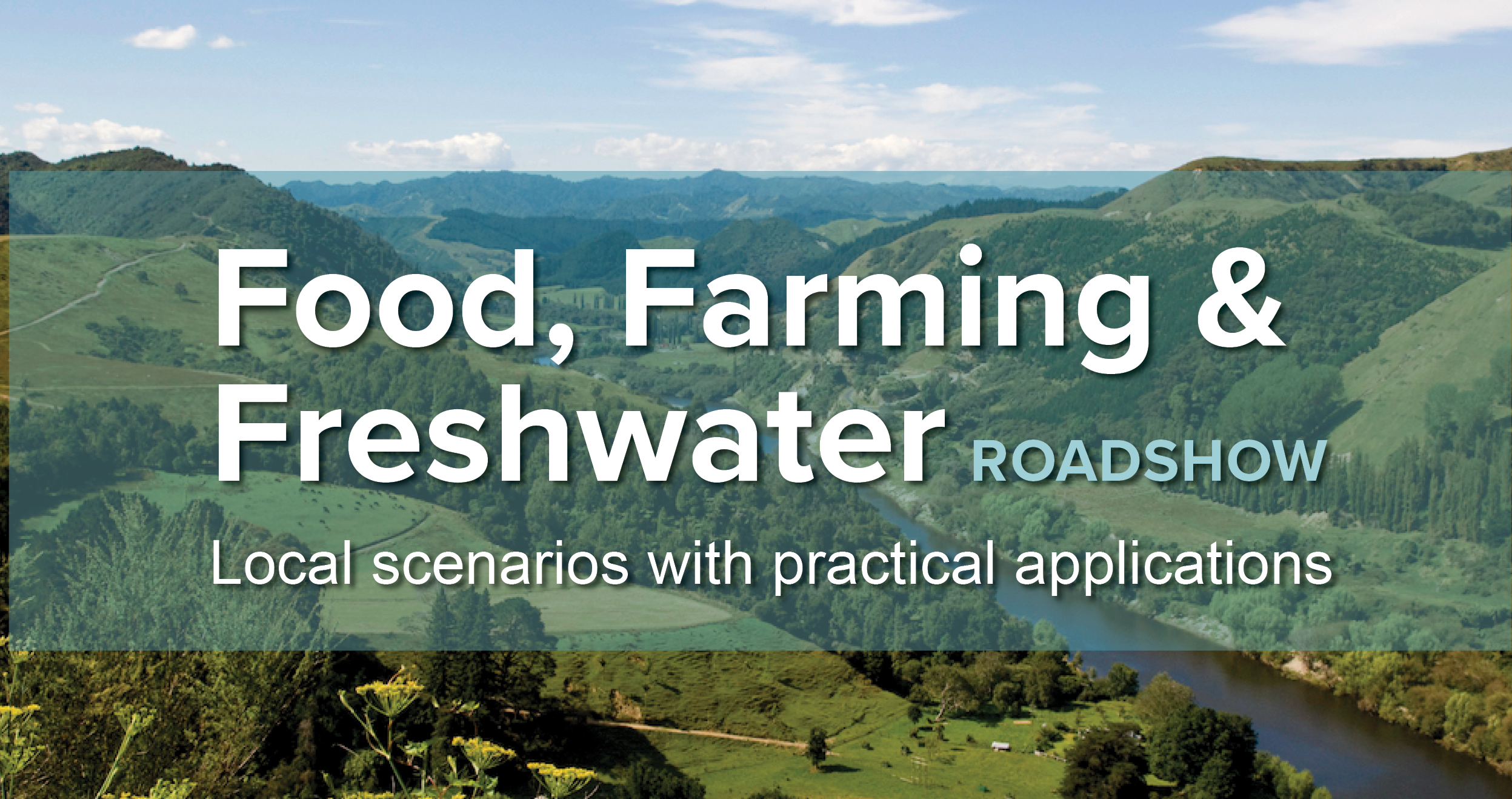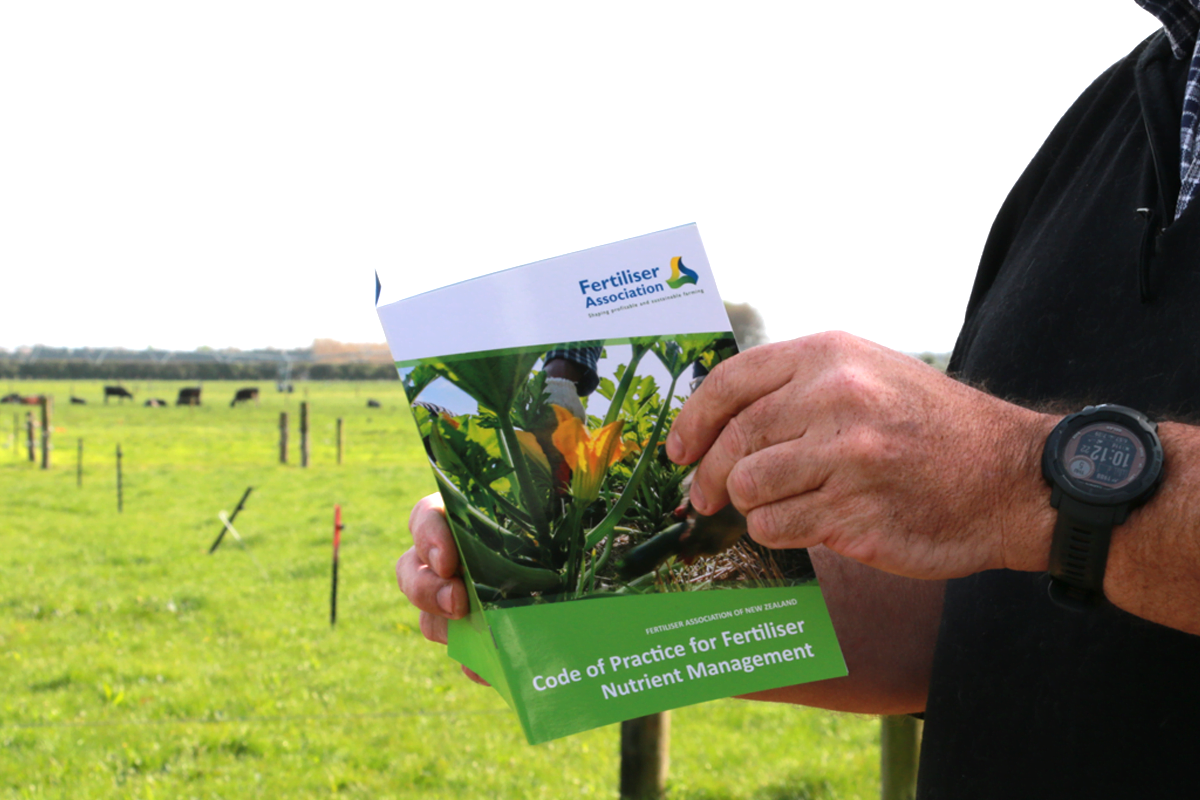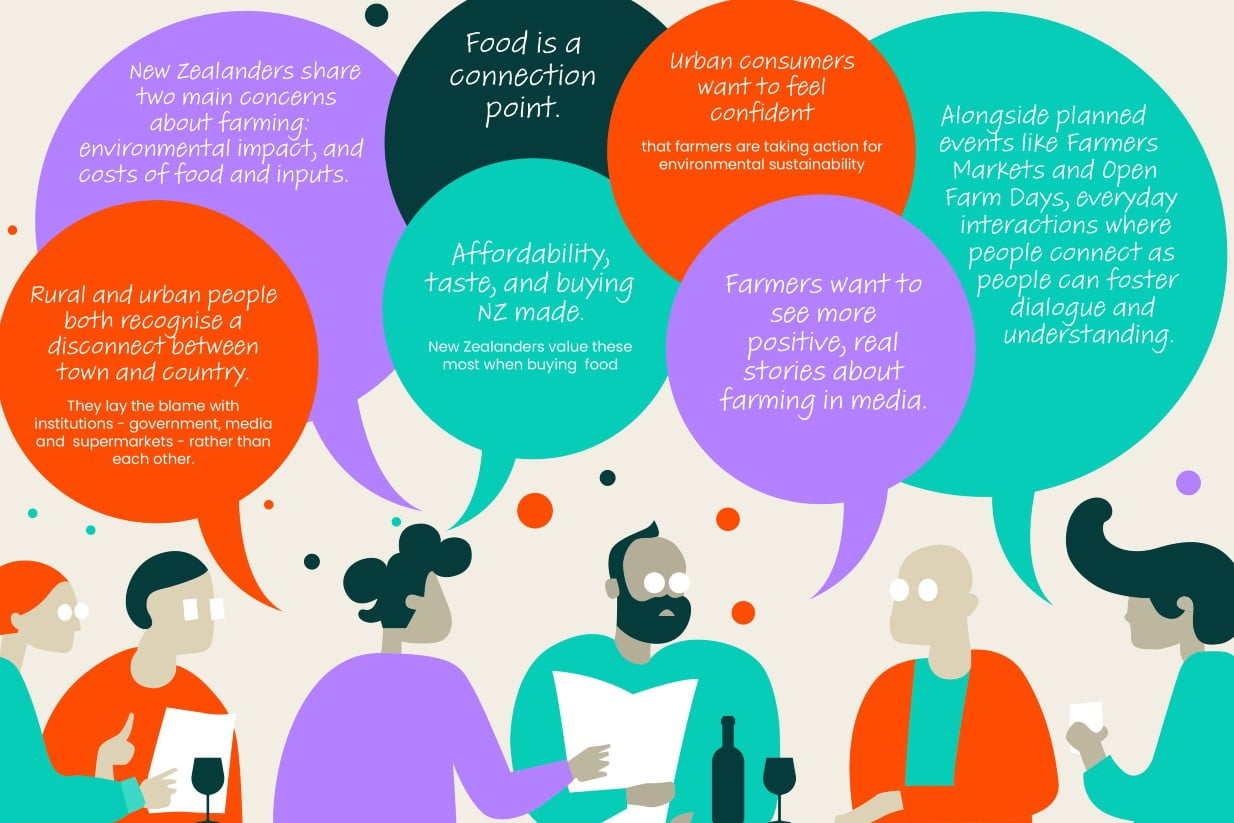Research strategies relevant to regenerative agriculture
November 2021
This report looks at how the science system can fill more than 60 knowledge gaps identified in the previous 18 reports in teh Regenerative Apriculture project, compiling all the research methods recommended by the 72 report authors.
The report emphasises that regenerative agriculture is increasingly backed by multinational food companies. In this context, the report argues that research must go further than testing whether regenerative agriculture practices ‘work’ but seek to understand how to optimise them for New Zealand, how they can adapt to future environmental and trade conditions, and how they can help New Zealand achieve its long-term goals.
This means research must be undertaken in genuine partnership with iwi and farmers applying regenerative principles, with greater recognition of evidence derived from landowners’ observational knowledge.
The report identifies strategies for combining agricultural, social and environmental research, and provides examples of collaborative research that could be applied in New Zealand, such as ‘real world labs’ or the EU’s knowledge and innovation communities.
‚ÄúThe topics we research and the way we undertake research have a huge influence on how relevant and useful our research is for farmers and growers,’ says the project lead and report lead author Dr Gwen Grelet, senior scientist at Manaaki Whenua – Landcare Research.’Land managers and scientists need to work together to understand whether the claimed benefits of regen farming practices are real, and how substantial they are. As scientists, we need to be agile and transparent, adapting and learning with those who are innovating on the ground. This is an opportunity to ensure that research supports farmers and the common good of all New Zealanders.’
More than 60 individual knowledge gaps were identified, across 11 aspects of RA: productivity, food nutrient density & quality, animal welfare, freshwater health, soil health, economics, biodiversity, greenhouse gas emissions, resilience to extreme weather events, adaptation to climate change, and well-being/mindset/culture.
Methodological considerations to close these knowledge gaps include types of methods, research partnerships and experimental designs. Research on RA can have three purposes: (1) testing RA claimed benefits (does RA work), (2) understanding how RA works, and (3) innovation within RA to optimise its practices and/or principles within the NZ context and increase its adaptability to future environmental and trade conditions.
The report argues that NZ agricultural sectors should combine public and private research funding to test and co-develop RA principles & practices that fit the NZ context and achieve NZ’s long-term goals.
Contract Report: LC3954-4
 View Our Strategy Document 2019 – 2024
View Our Strategy Document 2019 – 2024



